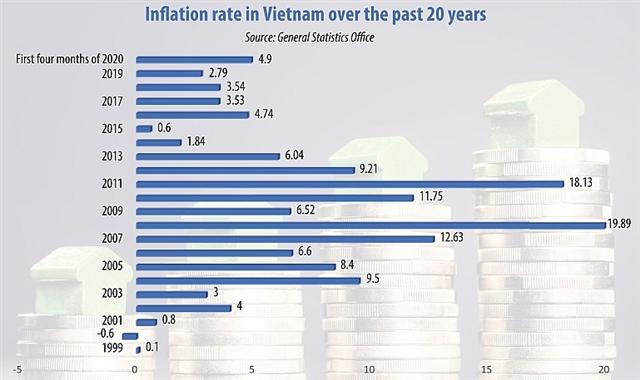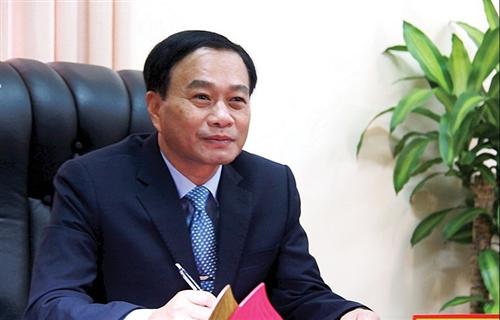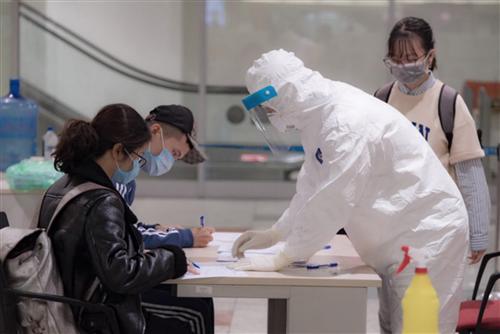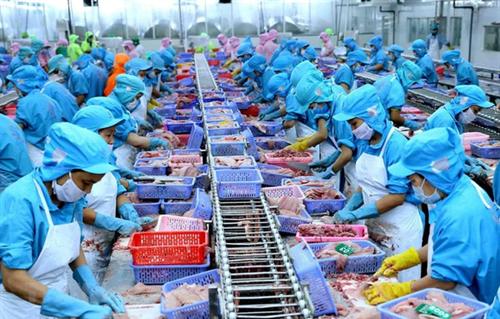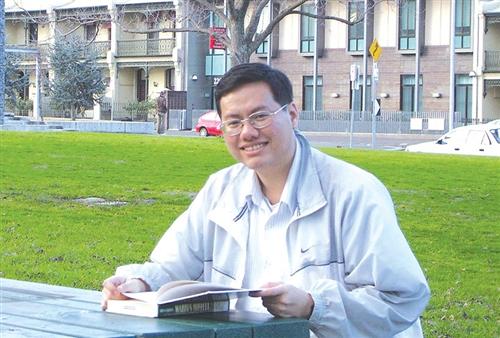Modest inflation expected for 2020
Modest inflation expected for 2020
Despite a four-month high in the consumer price index, Vietnam will likely be successful in reining in inflation this year thanks to a decline in oil price and public demand, as well as the government’s efforts to stabilise prices in the market.
|
A number of high-profile international organisations including the Asian Development Bank (ADB), the World Bank, and the International Monetary Fund (IMF), and Standard Chartered have released forecasts that Vietnam will succeed in controlling inflation in 2020, at below 4 per cent as planned by the National Assembly late last year.
“Especially, the success may come after a high consumer price index (CPI) in the first four months of 2020, which increased 4.9 per cent on-year, the highest level in the same period during the 2016-2020 period, largely on higher healthcare and pork prices,” stated Chairman, Minister of the Government Office Mai Tien Dung.
According to the General Statistics Office, in the first four months of this year, the price of the transportation group, one of 11 item groups used to measure CPI in Vietnam, reduced by 3.12 per cent on-year, due to slashes in oil prices. In April, the price of the transportation group declined by 19.57 per cent on-year and 13.86 per cent on-month because of two spells of reducing the domestic petrol prices in March and April. This has led to a 1.18 per cent reduction in CPI in the first four months of the year.
Chidu Narayanan, economist for Asia from Standard Chartered Bank, told VIR that despite high CPI since early this year and thanks to government actions, “We expect modest inflation this year amid subdued domestic activity and soft global crude oil prices. We now expect inflation to average 3.2 per cent on-year in 2020 (4 per cent previously) to account for slower domestic activity.”
Meanwhile, the ADB forecast that for the whole of 2020, inflation in Vietnam is expected to average 3.3 per cent, rising further to 3.5 per cent in 2021.
“If the pandemic worsens more than currently forecast, and particularly if prices stay elevated for pork, inflationary pressures could intensify,” said a new ADB report on Vietnam’s economic outlook.
The World Bank predicted that the rate will be 3.5 per cent in 2020, 3.7 per cent in 2021, and 3.6 per cent in 2022.
“Inflationary pressures are projected to increase temporarily, reflecting uncertain prices of food and fuel, and possible trade disruptions,” a World Bank expert told VIR.
The IMF also stated that Vietnam’s inflation is forecast to average 3.2 per cent in 2020 and 3.9 per cent in 2021.
Global data analysts and provider FocusEconomics has also said that in Vietnam, price pressures will likely fall ahead due to weak economic momentum, soft demand, and low oil prices, notwithstanding some coronavirus-induced supply disruptions.
“Our panelists project that inflation will average 3.5 per cent in 2020, which is down 0.6 percentage points from last month’s forecast, and 3.4 per cent in 2021,” said FocusEconomics in a statement sent to VIR.
Since early this year, feeble production coupled with slow demand and consumption have caused low CPI, a trend that is likely to continue. Under Standard Chartered’s latest macro-economic research report, manufacturing growth in Vietnam is likely to decline sharply on slowing global demand, with growth rate expected at close to 3 per cent compared to around 11 per cent in 2019.
The sector, which accounts for roughly 19 per cent of GDP and has contributed almost a third of GDP growth in recent years, is likely to be the primary transmission channel of external weakness and contribute 1.6 percentage points less to this year’s growth than in 2019.
The services sector, contributing close to 40 per cent of GDP, is forecast to slow to approximately 4 per cent in 2020 from 7.3 per cent in 2019, adding 1 percentage point less to growth. Softer manufacturing growth, slowing domestic activity, and social distancing measures are likely to weigh on consumption and this will lessen inflation pressure this year, according to experts.
Vietnam’s inflation rate last year increased 2.79 per cent on-year. Inflation in Vietnam is usually calculated as a percentage change in the CPI on a monthly, quarterly, and annual basis. The CPI represents the prices paid by the average urban consumer in the country.


